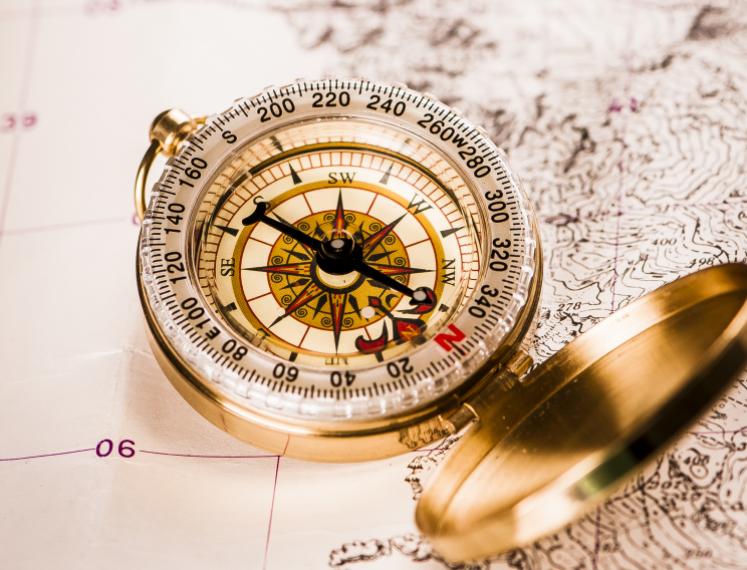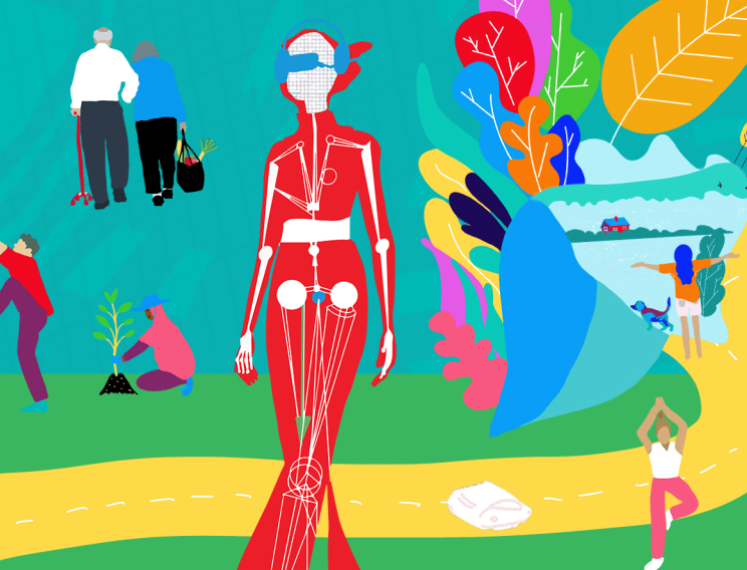Online
Netherlands
A new History of the World
It was on the Silk Roads that East and West first encountered each other through trade and conquest, leading to the spread of ideas, cultures and religions. From the rise and fall of empires to the spread of Buddhism and the advent of Christianity and Islam, right up to the great wars of the twentieth century - the fate of the West has always been inextricably linked to the East.
The Silk Roads were no exotic series of connections, but networks that linked continents and oceans together. As a new era emerges, the patterns of exchange are mirroring those that have crisscrossed Asia for millennia. The region stretching from eastern Europe and sweeping right across Central Asia deep into China and India, is taking centre stage in international politics, commerce and culture. By doing so, it is shaping the modern world. Historian Peter Frankopan argues that to understand what is at stake for the cities and nations built on these intricate trade routes, we must first understand their astounding pasts.
Peter Frankopan is Professor of Global History at Oxford University, Stavros Niarchos Foundation Director of the Oxford Centre for Byzantine Research and Senior Research Fellow at Worcester College. He is the author of the bestselling The Silk Roads: A New History of the World, which challenged the narrative of Eurocentrism and shifted focus to Asia. His latest book, The New Silk Roads, examines current economic and political developments in Asia and around the world. In 2019, he was named one of the World’s Top 50 Thinkers by Prospect Magazine.
This event was orginally planned in March 2020.




